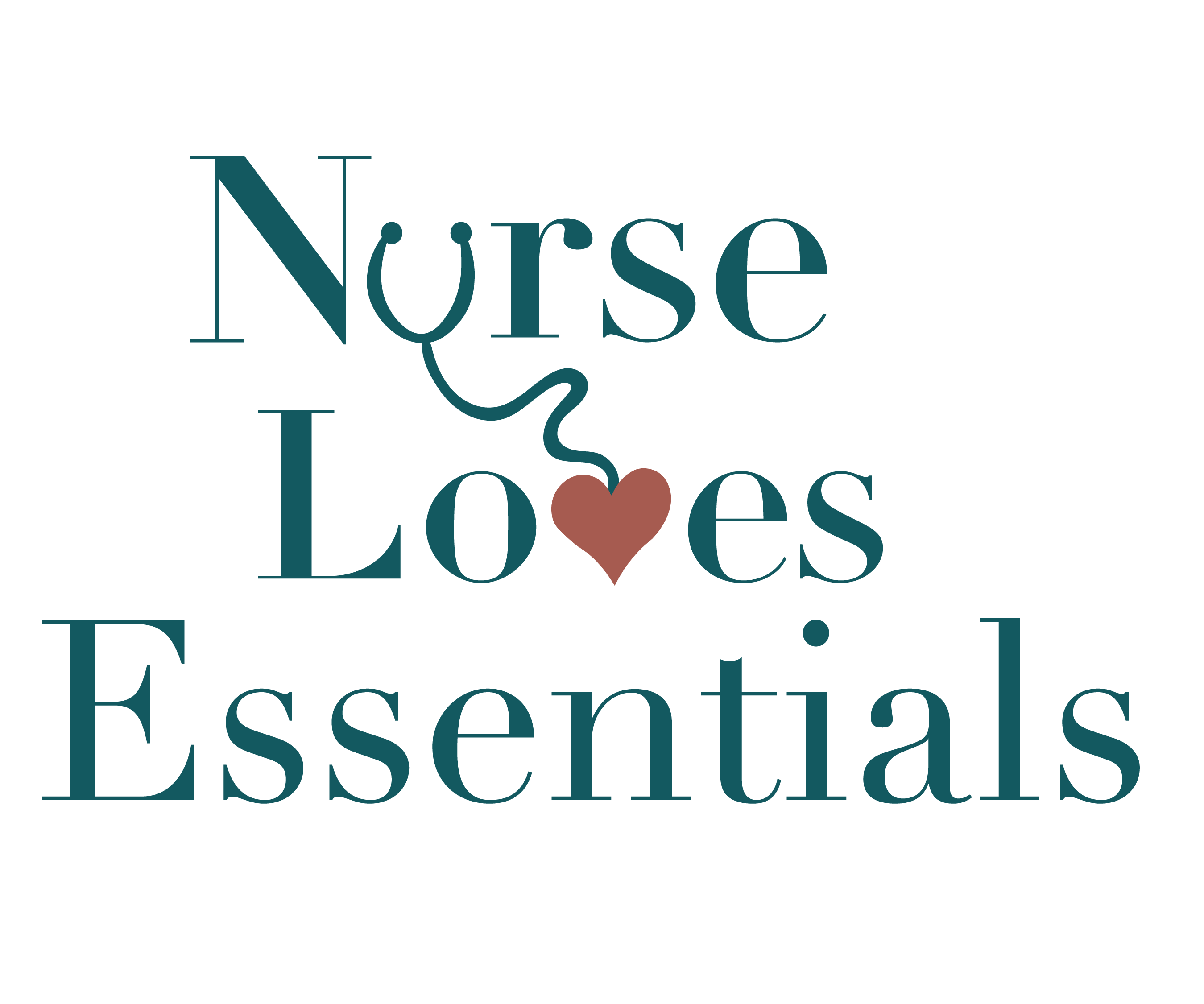
When managing a chronic illness, you might need to make diet changes, physical activity limitations, and fundamental lifestyle changes. Not everybody will understand these changes, including your loved ones, and this is the purpose of healthy boundaries when dealing with a chronic illness.
Setting these boundaries around yourself is crucial because it keeps you and those around you in check by constantly reminding you of the lines you should not cross. If it helps, you might want to write out these healthy boundaries so you don’t forget any, as each boundary is vital to your health.
The truth is setting a boundary and maintaining it can be challenging because as much as the word ‘boundary’ sounds physical, it is more of a mind thing. You can’t go about holding a sign that tells people what you can and cannot do, but you must be able to remember these boundaries and detect the situations where you need to use them.
For example, you must be able to detect between a sincere curiosity and a nosy person or an atmosphere where an affirmative response will be more appropriate than an explanatory one.
Sometimes, your boundaries might clash with your conscience and make you feel bad for hurting someone’s feelings, but you must remember it is for the greater good.
In this blog post, I will show you how to set these healthy boundaries for yourself in a way that hurts less.
What are healthy boundaries?
Healthy boundaries are the guidelines you create to help people understand what to expect and how you want to be treated. You will maintain and communicate these guidelines to those around you, either at home or in the workplace.
You can say it’s a way of self-advocating for yourself by setting clear expectations and limitations. It involves all the actions and decisions that directly or indirectly affect your health.
RELATED POSTS: Why & How You Can Be a Self-Care Advocate with Chronic Illness
Why you need to set boundaries
It is crucial to set boundaries for yourself, and here are some highlighted reasons:
• Manage symptoms
Healthy boundaries will help you manage your symptoms better by guiding you on what to do to avoid aggravating them and the actions you need to take when it catches you unawares.
• Lessen fatigue
It lessens fatigue because it prevents you from overexerting yourself or being put under unnecessary and avoidable pressure, especially at work. Your boundaries tell them what you can and cannot do and let them know how you expect them to treat you, which enables you to save most of your energy for more important tasks at the top of your list.
• Increase fitness
Boundaries aren’t just about what you shouldn’t do but also include what you can do to manage your condition correctly. It also maximizes your productivity to the best of your abilities, increasing your fitness.
• Help you speak up for yourself
Setting and maintaining a healthy boundary teaches you how to speak up for yourself even in tricky situations because you need to be able to communicate your boundaries effectively. By doing this, you are also advocating for yourself.
• Help your loved ones understand you better
Helping someone with a chronic illness can leave you confused and unsure of what to do. Setting boundaries will teach the people around you the exact ways they can be of help to you without making you feel incapable, frustrated, and different.
• You know your body best
You know your body signals and limits. Every day isn’t always the same, and you cannot leave others assuming how to treat you based on general knowledge. Aside from this, every symptom is not the same and may vary from person to person. Without boundaries, you might get treated like any other person, making you feel more lost and depressed.

How to set healthy boundaries
Setting and maintaining a healthy boundary when dealing with a chronic illness involves communication skills, just like self-advocacy (self-advocacy skills). Sometimes you will need to decline invitations and sincere questions to protect your physical and mental health. When doing this, you want to ensure you are as polite and empathetic as possible.
Also, you want to ensure you do not cross the line just to satisfy others while jeopardizing yourself.
Here are some ways to set healthy boundaries:
1. Be polite
Be as polite as you can. You have to decline well-thought-out invitations respectfully. You don’t want to have a reputation for being rude, and when you politely say ‘no,’ it doesn’t make things worse.
Whether rejecting invitations, excusing yourself from a gathering, or turning down a menu, make sure to be your most polite self.
2. Be honest
I know you most likely want to give excuses, but honesty works better and doesn’t make the other person feel insulted.
Maybe it’s because there are many dishonest people, but I’ve discovered that people appreciate honesty—no mincing words, no self-pitied statements, and just plain old honesty.
3. Think of the effects
Never compromise your health!
Maintaining your boundaries can be a bit heartbreaking, especially when you initially gave a positive response.
Nevertheless, you must consider the added stress, physical damage, and emotional strain you and your loved ones will also go through if your health deteriorates.
4. Know your body limits
If you are dealing with chronic illness, the chances are that you burn out very quickly because your body’s energy limit will not be that high. While this may be normal, you have to be able to observe the things that cause these burnouts more rapidly. Observe the signals your body gives you and note them.
Next time you observe these signals while you are on an outing or having a family discussion, you know it’s time to take a break.
5. Be assertive
Learn how to say ‘NO’ and stand by it—being assertive means effectively communicating your stand on certain subjects without sounding rude or unsure. It means striking a balance and getting your message across.
6. Show appreciation
If you want to decline anything, you want to make sure you also show appreciation for what was offered. Thank the person, thought, gesture, and effort that went into it before declining.
7. Set a healthy expectation
Never agree to things your body cannot handle. It’s better to set a healthy expectations that your body and energy level can take.
On days when you cannot meet up with these expectations, you can then delegate them.
8. Express your needs
Whenever you need something, clearly communicate this need to the people around you. When you do this consistently, they begin to expect and understand the things you might not be able to do and better predict the kind of help you need.
9. Be empathetic
Try to put yourself in their shoes and always try to see things from their point of view. Feel their pain when they get a rejection from you and try to understand it. It will help you be polite and appreciative of their efforts rather than being irritated and having self-pity or other negative emotions like guilt (how to overcome the guilt of living with a chronic illness).
10. Have your me-time
A me-time should always be a part of your boundaries. Always have time to regroup and be alone. However, you must be careful about your me-time so you don’t get dragged into negativity. Your me-time might include some healthy habits or mind exercises.
11. Don’t over-explain
Over-explaining makes it seem more like an excuse than a raw fact. When trying to get another person to understand why you are acting the way you are, be careful not to over-explicate. Stick to plain honesty, but try simplifying terms so that the other person understands.
You might end up over-explaining to your best friend or sister, but that’s fine.
12. Be able to stand your ground
You might get coaxed or coerced to return on your word or compromise a little. You know better and are more knowledgeable than others regarding your health, so you should weigh your body and understand if you can. If your body tells you that it cannot handle the compromise, then stand your ground.
13. Don’t use your illness as leverage
Don’t make a habit of saying ‘NO’ even when you can say ‘YES’ without any consequence. Dishonesty has a vibe; people around you can feel it when you aren’t.

Conclusion
Setting and maintaining healthy boundaries will help reduce the expectations people have of you and help you live happily within the limitations of a chronic illness. It also allows you to actively stand up for yourself and help the people around you understand where and how they can help you without being invasive or doubtful.
Don’t be in haste to set up these boundaries but take time to discover the limitations unique to your condition, alternatives, and non-negotiables. These boundaries might set the course of your current relationships, so you have to ensure that they are not exaggerated or toned down. You shouldn’t set boundaries above or below what you need to do.
What is the most effective boundary that has helped you manage your condition? What will you tell someone who wants to set a healthy boundary for themselves?
READ ALSO: Important self-advocacy skills for adults with chronic illness.




0 Comments